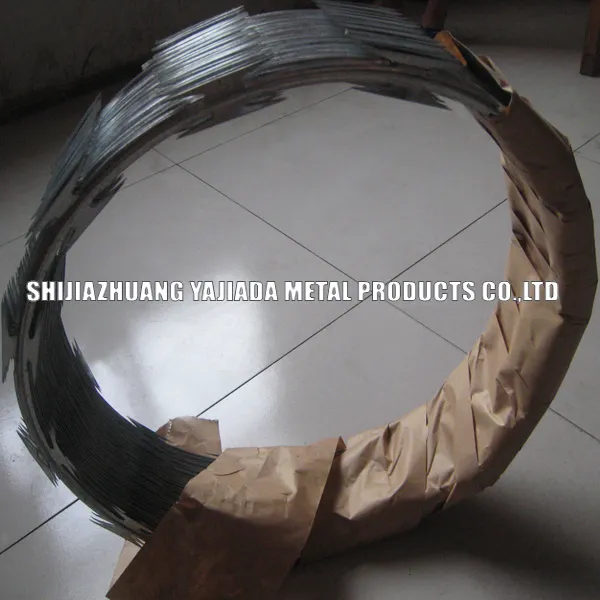

Choose epoxy-coated nails if moisture resistance is on your checklist. Concrete walls, especially in basement or exterior environments, are susceptible to moisture seepage. The epoxy coating protects the nail from rust and corrosion, thus ensuring longevity and reliability. The specialized coating also adds an additional layer of friction, aiding in a more secure grip. For installations requiring heavy-duty strength, such as mounting shelves or fixtures that carry substantial weight, nail anchors can provide the necessary support. These are a step up from standard nails, incorporating an anchor system that expands within the wall to ensure a secure hold. They are particularly useful for applications that involve dynamic load-bearing, where vibrations or movements might otherwise jeopardize the fastness of the installation. The consideration of safety cannot be emphasized enough. Always wear protective eyewear while working with nails and power tools on concrete surfaces. Concrete shards or nail fragments can cause serious injury if appropriate precautions are not taken. From a trust and reliability perspective, using proven brands known for their durability and quality can significantly reduce complications. Products reviewed and tested by industry professionals and backed by customer testimonials add an extra layer of trust. In conclusion, the best nails for concrete walls are not a one-size-fits-all solution. The choice should be dictated by the specific application, load requirements, and environmental conditions of the installation area. Whether using masonry nails, concrete nails, or nail anchors, the right selection will ensure precision, safety, and long-lasting results. By employing expert practices and trusted tools, you can confidently undertake almost any mounting task on concrete walls, knowing your installations will stand the test of time.

















